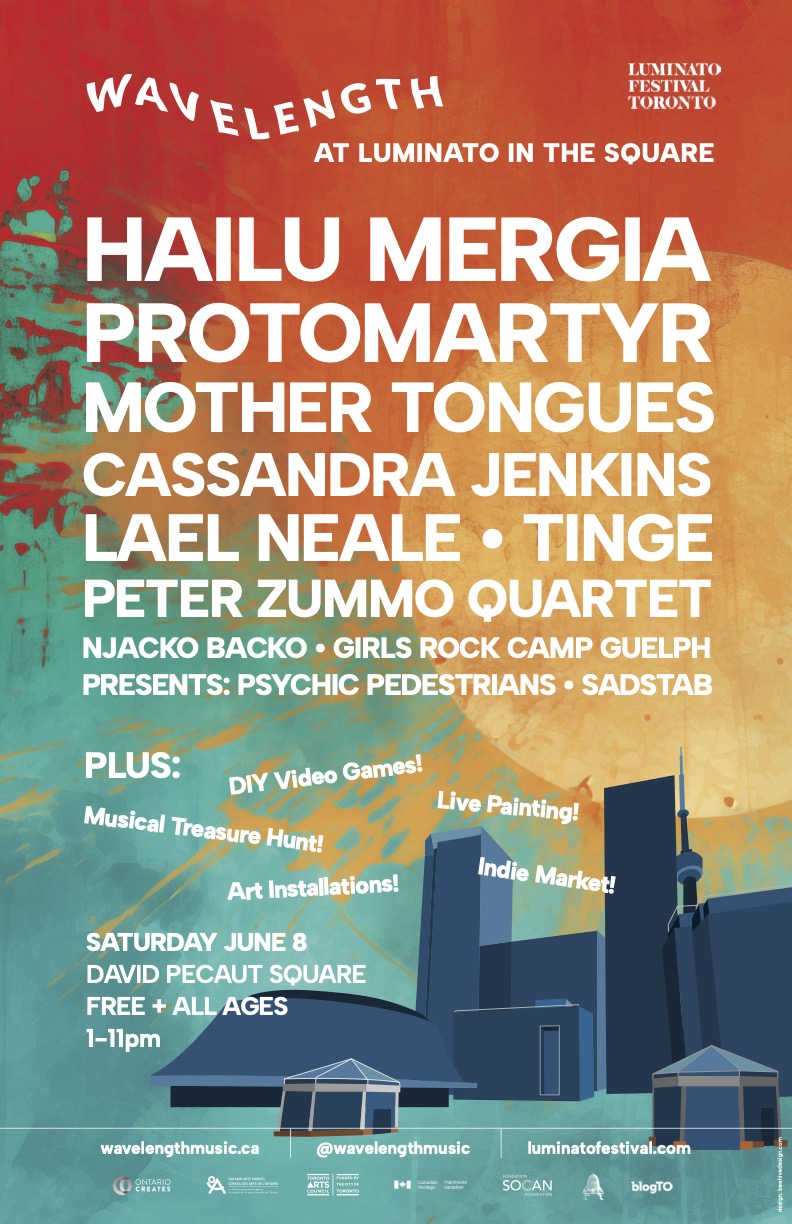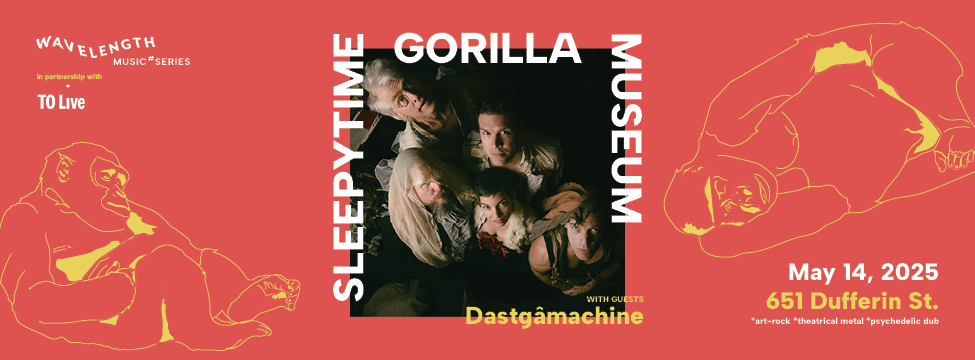Brooklyn singer/songwriter Cassandra Jenkins’ third full-length album My Light, My Destroyer cracks open the promise of reaching the edge of the new, with a wider sonic palette than ever before—encompassing guitar-driven indie rock, new age, sophisti-pop, and jazz. At the center of it all is Jenkins’ curiosity towards the quarks and quasars that make up her universe, as she blends field recordings with poetic lyricism that is at turns allusive, humorous, devastating and confessional—an alchemical gesture that further deepens the richness of My Light, My Destroyer’s 13 songs.
Following her 2021 breakout An Overview on Phenomenal Nature and upon finishing two years of touring, My Light, My Destroyer was developed over the course of a year, though some of these 13 songs have been incubating in Jenkins’ notebooks for years. There were sonic reference points in her mind during the album’s creation: Tom Petty’s deceptively breezy folk-rock classicism, the work of songwriters like Annie Lennox and Neil Young, her “high school CD wallet” (Radiohead’s The Bends, the Breeders, PJ Harvey, and Pavement), and David Bowie’s final gesture Blackstar; along with lyrical influences from writers like Anne Carson, Maggie Nelson, Rebecca Solnit, and the ever present work of the late David Berman. But above all and as ever, Jenkins is drawing inspiration from the chattering electricity of the world around her, squinting through radio static with the desire to gain a greater understanding.
Joining her in this immersion is a cast of friends pulled from across the modern indie rock spectrum: Palehound’s El Kempner, Hand Habits’ Meg Duffy, Isaac Eiger (formerly of Strange Ranger), Katie Von Schleicher, Zoë Brecher (Hushpuppy), Daniel McDowell (Amen Dunes), An Overview producer and instrumentalist Josh Kaufman, producer Stephanie Marziano (Hayley Williams, Bartees Strange), and Jenkins’ friend, director/actor/journalist Hailey Benton Gates.
My Light, My Destroyer is consumed with the theme of cyclical duality; temporally, the record begins and ends at dawn’s break, signifying both the hope of new beginnings and the illuminating of harsh realities that the light often brings. It is that endless gaze towards the unknown that defines My Light, My Destroyer, and it’s under that context that Jenkins decodes opposing forces contained with the album title—emphasizing the power of a straight-ahead gaze into futures, possibilities, and great unknowns in spite of how they may shake our core beings.







